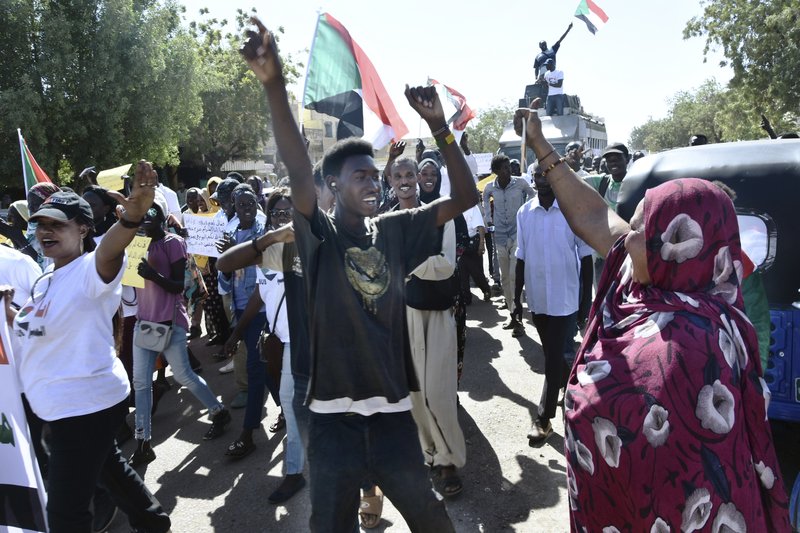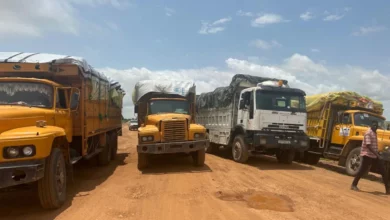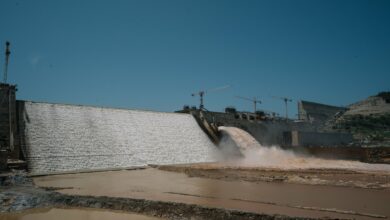
More than 40 political parties, movements and various armed factions signed a framework agreement with Lieutenant General Abdel Fattah al-Burhan, commander of the Sudanese army, which will see administration of the state will be transferred to a civilian authority that governs the country transitionally for a period of two years.
The role of the military institution will be limited to security and defense, with the Rapid Support Forces to be integrated within Sudanese army units.
Yet, in truth, Sudan’s challenges have only deepened following a decision from al-Burhan to freeze Abdalla Hamdok’s cabinet and reactivate it as a result of public pressure until it resigned on January 2, 2021. Since that date, the country has faced widespread protests calling for the removal of the army from governance and politics.
Meanwhile, parties in the Forces of Freedom and Change movement (specifically the Al-Mithaq Group), alongside various conservative forces remain in full support of keeping the military institution in power.
And the Central Council movement under the Forces of Freedom and Change agrees to continue partnering with the military institution, under a civilian leadership, and supported the recent framework agreement with the army command.
The fact remains – since al-Bashir fell, Sudan has been faltering in agreeing on what its alternative government should be.
On the one hand, it faces a division between the components of the Forces of Freedom and Change movement, and on the other hand, it risks other divisions between the civil forces and the military institution.
The forces of radical change, which include the Communist Party, the resistance committees, and other forces, opposed the agreement and raised the slogan “No negotiation, no partnership, no legitimacy” with the military institution.
In fact, the problems in implementing the framework agreement is almost the same as that faced the agreement of the first transitional phase. The issue is not in signing agreements between the various components, as has happened over the past four years, more than once, but rather in the presence of a political will on the part of all parties to implement what is being signed.
This is the great challenge that Sudan is currently facing.
Sudan’s fragile consensus over the past few years has always been subject to various setbacks in light of the dispute between radical and revolutionary civil forces that completely refuse to deal with the military, and others that accept the military.
The dilemma of the transitional period lies in the existence of multiple heads of power and decision-making centers.
There are always difficulties in making decisive decisions, as it is based on many adjustments in order to produce a major political or economic decision in a country suffering from deep economic and political crises, as well as ethnic and regional divisions.
Extending the transitional period to the next two years carries a great risk, as the authority is not elected, decentralized, and unable to take decisive decisions.
It is a risk to be aware of so that the entire democratic transition experience does not collapse.
About Amr al-Shobaki
Authoring a wide variety of articles, essays and books, Amr al-Shobaki is a former member of the Egyptian parliament, and utilizes his political experience to analyze and discuss current political conflicts and movements, especially in the Arab world.
His credentials include a PHD in political science from the University of Paris 1 Pantheon-Sorbonne University, and has authored titles such as “The Crisis of the Muslim Brotherhood in Egypt” and “Islamists and Democrats: The Problems of Building a Democratic Islamic Movement“.
He has also written for a variety of publications including al-Masry al-Youm, the Middle East Institute, and the French paper Le Figaro.




